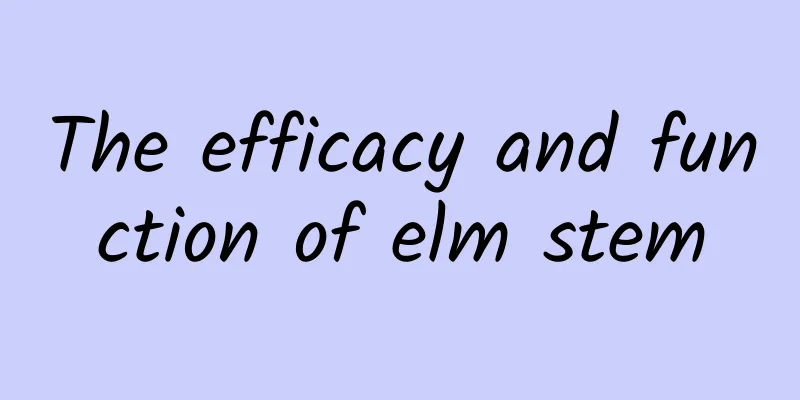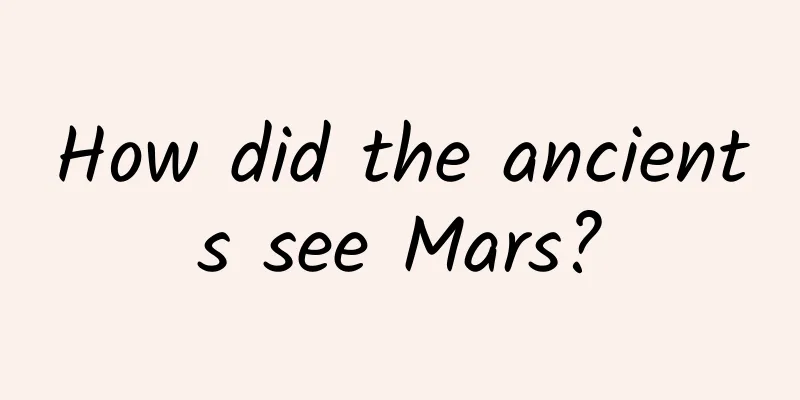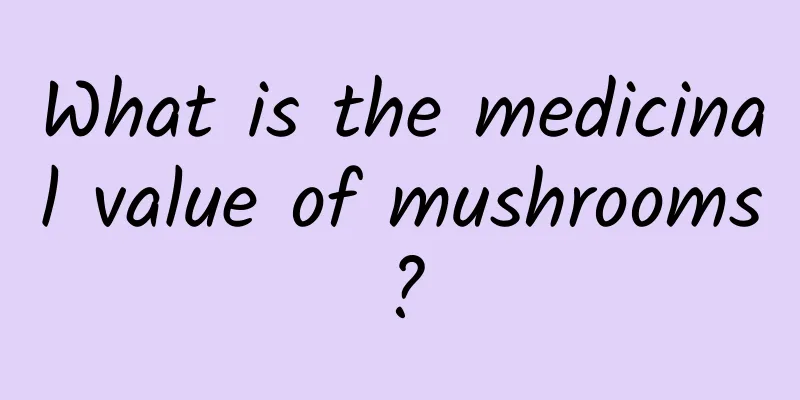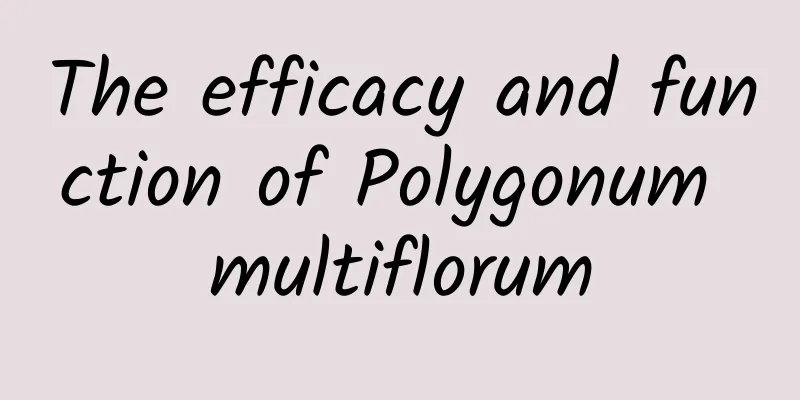The efficacy and function of Polygonum convolutum
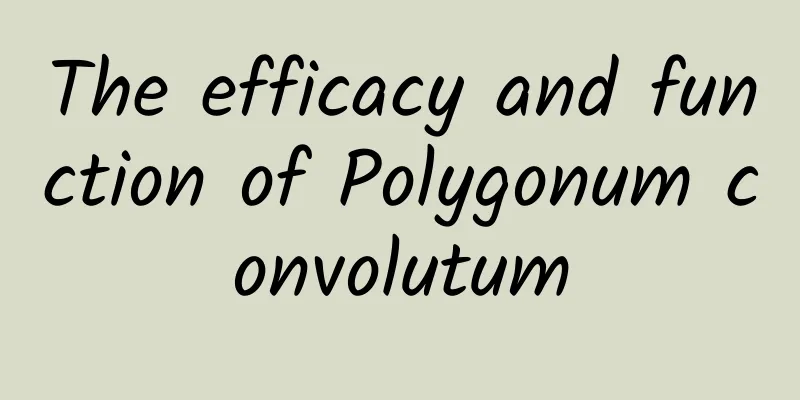
|
Polygonum convolvulus is something that many people are very familiar with. The benefits that Polygonum convolvulus brings to us are not available in other foods. So what are the effects of Polygonum convolvulus? Let’s find out together. [Other names] Iron head, buckwheat kudzu [Source] Medicinal material source: the whole herb of Polygonum convolvulus of the Polygonaceae family. [Original form] Annual herb, 20-100cm long. Stems twining, slender, with indistinct striations, rough or sparsely pubescent. Leaves are alternate; petioles are up to 3 cm long; stipules are short, obliquely truncated, with pointed or obtuse tips; leaf blades are ovate, 3-6 cm long, 2-5 cm wide, acuminate at the tip, broadly cordate at the base, glabrous or sparsely hairy along the veins and edges. The inflorescence is spike-shaped, terminal or axillary, with ovate bracts; the flowers are sparsely arranged, light green; the perianth is deeply lobed into 5 parts, the lobes are slightly enlarged when fruiting, sometimes with raised ribs or narrow wings; the stamens are 8, shorter than the perianth; the style is very short, with 3 stigmas, capitate. Achenes are ovate, 3-ribbed, black, densely covered with small dots, and dull. Flowering and fruiting period is June to August. [Habitat distribution] Ecological environment: grows in valleys, field edges or roadsides. [Chemical composition] The root of Polygonum convolvulus contains coumarin. The leaves and flowers contain quercetin, kaempferol, hypero-side (hyperin), quercitoside, avicularoside (avicu-larin), and rutin. The leaves and fruits contain 2,6-dihydroxybenzoic acid, caffeic acid, chlorogenic acid, and p-coumaric acid. Its seeds contain linoleic acid. It also contains amino acids. [Pharmacological action] A 38-day toxicity test was conducted on Wistar rats using a feed containing 5% and 20% Polygonum convolvulus seeds. Pathological histological examination revealed obvious liver damage accompanied by abnormal biochemical indicators, such as changes in serum aspartate aminotransferase (AST), alanine aminotransferase (ALT), plasma total protein and plasma albumin levels. 【Nature and flavor】 Spicy; warm 【Functions and indications】 Strengthens the spleen and helps digestion. Main indigestion; diarrhea [Usage and Dosage] For oral use: decoction, 6-12g. 【Excerpt】 Chinese Materia Medica From the above description, we can know that the nutritional value and medicinal value of Polygonum convolvulus are very high. It can treat some diseases and can also be used as a raw material for diet therapy. It is indeed a good choice for health and wellness. |
<<: The efficacy and function of the curled edge mushroom
>>: The efficacy and function of Muntjac
Recommend
How Dirty Is Ice in Drinks? Now You Know the Truth...
The temperature has been over 40 degrees Celsius ...
The tender heart of a construction maniac: leaving a corridor of life in the natural habitat - wildlife corridor
With the continuous development of human civiliza...
China's history of playing in the snow: a picture takes you through the "10,000-year love affair with ice and snow"
Producer: Lu Gang Editor: Zhao Cen Proofreading: ...
The function and effect of the small speaker
The value of the trumpet in medicine is beyond ou...
How to deal with bee stings
Many people don’t pay much attention after being ...
The most useless organ in the human body, would it be better to remove it?
If we were to rank the useless organs in the huma...
World Asthma Day丨How can we breathe more comfortably and freely?
Today (May 3) is World Asthma Day. In recent year...
The efficacy and function of Coriolus mulberry bark
As people's research on traditional Chinese m...
What are the benefits of Chinese medicine health care
There are many benefits of Chinese medicine for h...
Anti-thrombotic Chinese patent medicine
As living conditions are getting better and bette...
Geography of Chinese sesame paste
Loading long image... Source: National Geographic...
Look, this is a 165 million-year-old dragonfly fossil
Researchers recently discovered a well-preserved ...
In a few words: When disposable tableware is made of wood, will we have enough trees?
Niu Niu: Xiaobing, why do KFC spoons now use wood...
The "Mount Everest" of bacteria has been discovered! It is 2cm long and visible to the naked eye!
If you just take a quick look, the slightly turbi...

